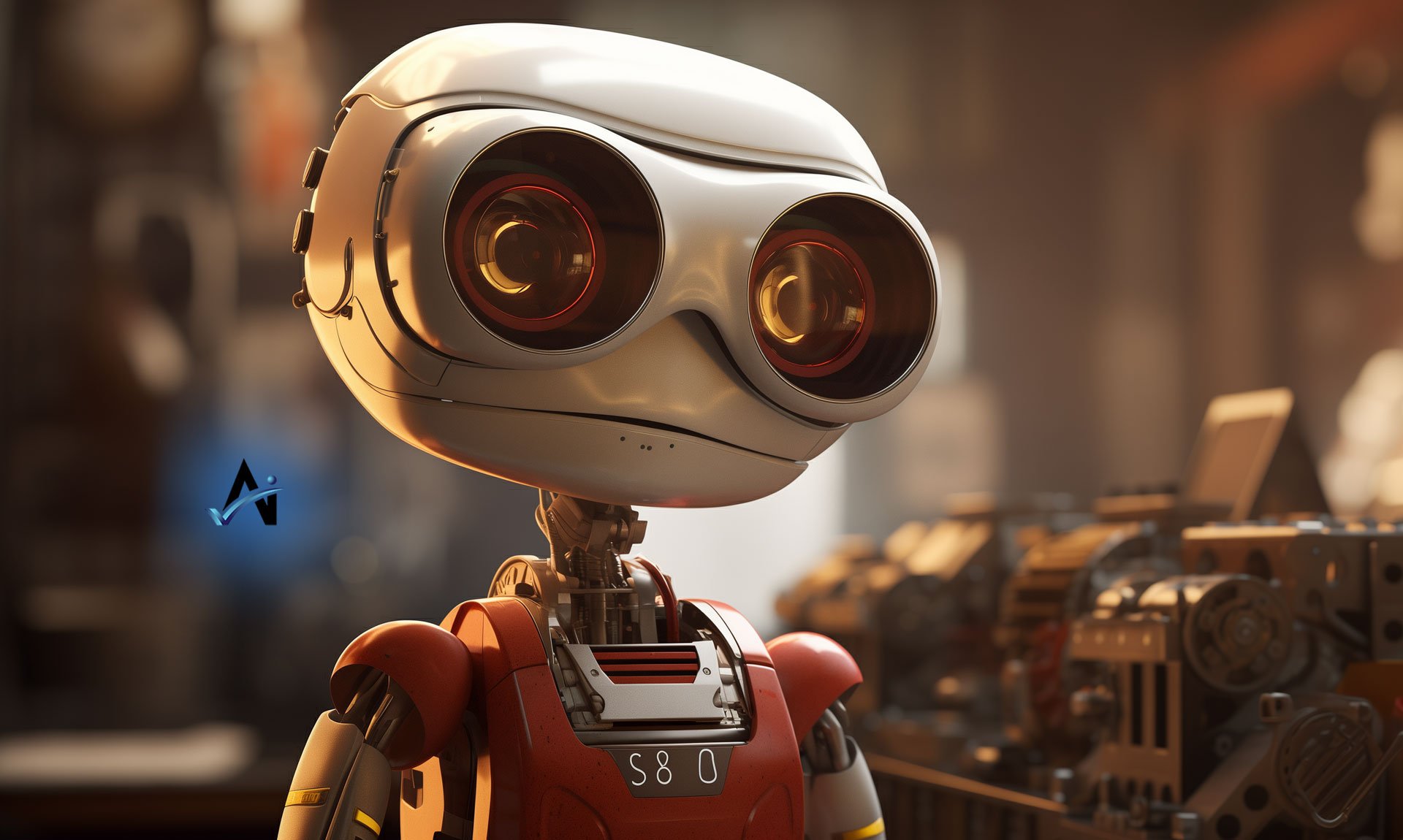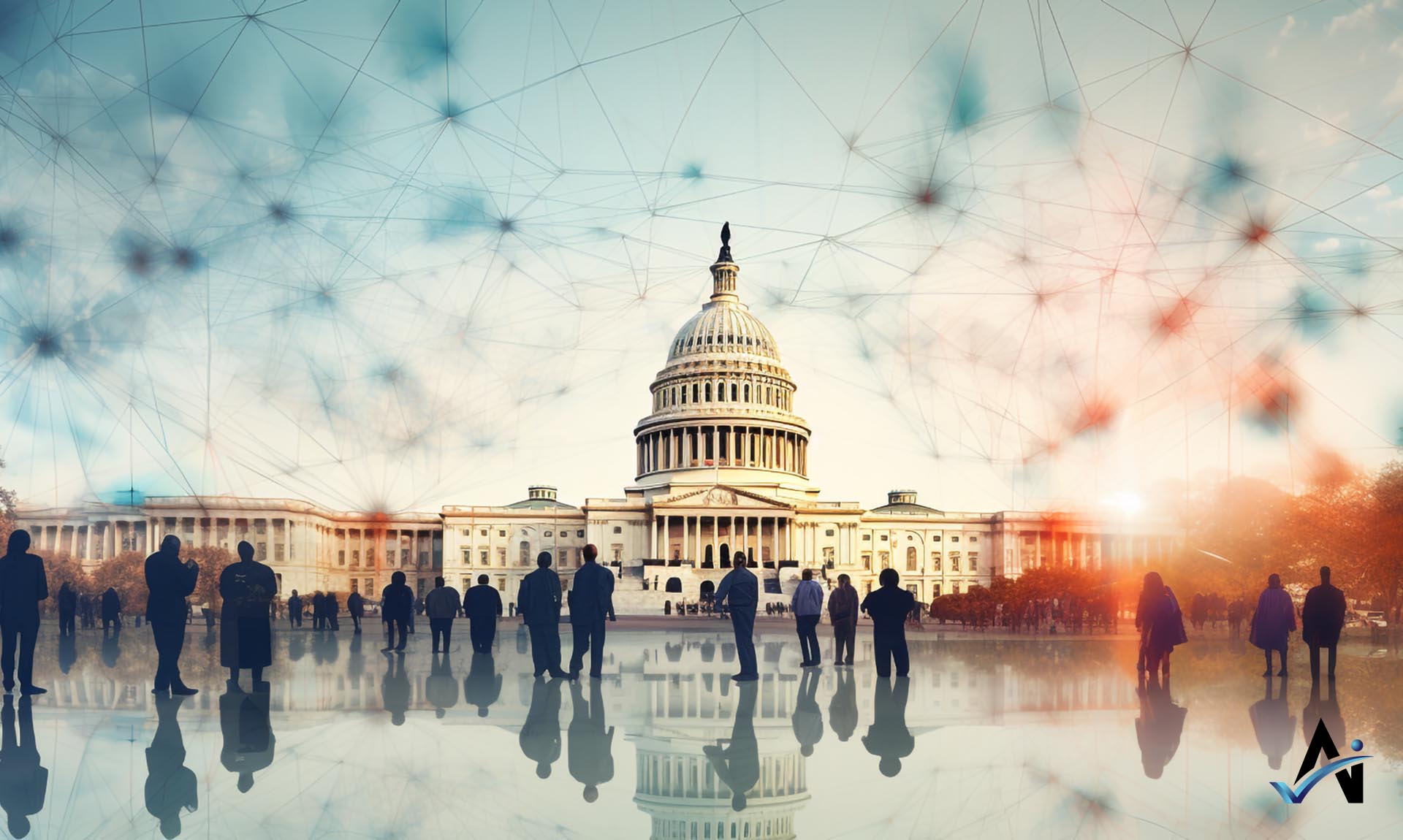A Glimpse into the Future of Artificial General Intelligence
Artificial General Intelligence (AGI) is the holy grail of artificial intelligence research. Unlike narrow AI, which is designed for specific tasks, AGI aims to replicate human-level intelligence across a wide range of tasks and domains. While AGI is still a theoretical concept, researchers and experts in the field have been working tirelessly to predict and envision what AGI will look like when it becomes a reality.
Human-Like Learning Abilities
One of the defining features of AGI will be its ability to learn and adapt in a human-like manner. It will possess the capacity to acquire knowledge from various sources, generalize from experiences, and apply this knowledge to solve new and unforeseen problems. AGI systems will be capable of both supervised and unsupervised learning, making them versatile learners.
Flexibility Across Domains
AGI will excel in a wide array of domains, from language understanding and problem-solving to perceptual tasks like vision and hearing. It will not be limited to specific predefined tasks but will be able to transfer its knowledge and skills across different domains seamlessly. This versatility will make AGI valuable in countless applications.
Common Sense Reasoning
One of the most challenging aspects of AGI development is imbuing it with common sense reasoning. Humans possess a deep understanding of the world, allowing us to make sense of ambiguous information and make informed decisions. AGI will need to develop similar capabilities to interact effectively with the real world.
Emotional Intelligence
AGI may also incorporate elements of emotional intelligence. While it won’t have emotions in the same way humans do, it could be designed to recognize and respond to human emotions. This aspect could make AGI more relatable and useful in contexts where emotional understanding is crucial, such as healthcare or customer service.
Ethical and Moral Frameworks
Developers and researchers are acutely aware of the ethical concerns surrounding AGI. Therefore, AGI systems will likely include ethical and moral frameworks to ensure responsible decision-making. These frameworks will be designed to align with human values and societal norms, reducing the potential for harmful actions.
Continuous Self-Improvement
AGI will not remain static but will constantly seek to improve itself. It will engage in self-assessment, identify areas of improvement, and autonomously work on enhancing its capabilities. This self-improvement loop will be a crucial feature to ensure AGI remains at the cutting edge of its capabilities.
Interoperability
To be truly effective and transformative, AGI systems will need to be interoperable with other AI systems and technologies. This will allow AGI to collaborate with specialized AI tools and integrate seamlessly into various industries, from healthcare and finance to transportation and education.
Safety Measures and Fail-Safes
AGI development will prioritize safety measures and fail-safes to prevent unintended consequences. Researchers will implement mechanisms to detect and correct errors, ensuring that AGI behaves predictably and responsibly.
While AGI remains a work in progress, the vision for what it will look like is becoming clearer with each advancement in AI research. AGI will be characterized by its human-like learning abilities, domain flexibility, common sense reasoning, and ethical frameworks. It will continuously self-improve and prioritize safety measures, making it a powerful and responsible tool for a wide range of applications. As AGI development progresses, it will be crucial to address ethical, regulatory, and societal considerations to ensure that this transformative technology benefits humanity as a whole.
latest video
Get Our Newsletter
Never miss an insight!






